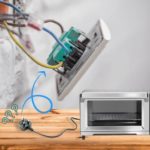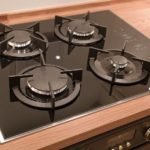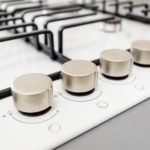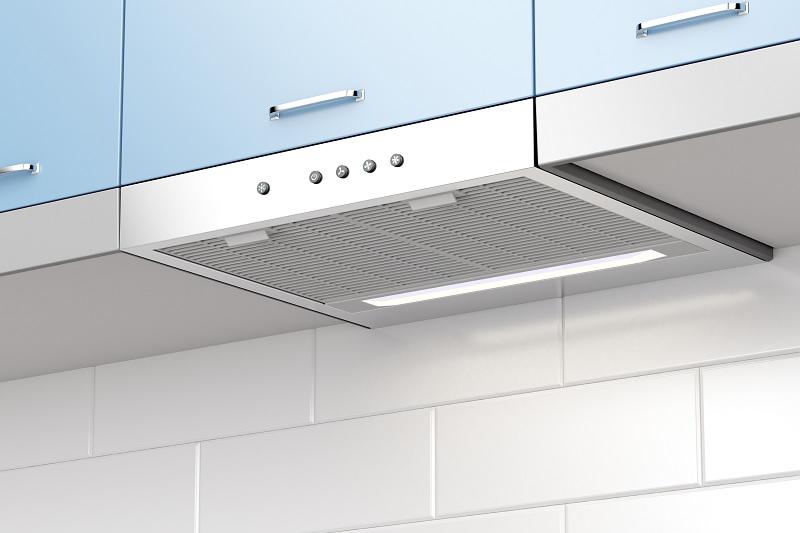Cookers are at the heart of our kitchen, and they are something that most of us will use nearly every day for just preparing our daily meals or baking some delicious treats.
If your electric cooker is broken or starting to get a little long in the tooth, you might be ready to replace it with a new electric cooker.
If you already have a convenient plug socket in the place you plan to install your new cooker, you may have found yourself hoping that you can buy a new appliance that you can simply plug in yourself.
But, is it possible to plug any new electric cooker into a normal 13 amp plug socket, or do electric cookers need to be hardwired?
What Kind of Plug Does an Electric Cooker Use?
When it comes to installing any new appliance, there are two main types to look out for:
- Appliances that run on a regular 13-amp plug
- Appliances that need to be hardwired
In the case of freestanding cookers and integrated ovens, they can generally be run on a regular 13 amp plug if they are rated to run at 3kW or less.
If the rating is more than 3kW, they need to be hardwired in for safety purposes.
Many gas cookers plug into a 13-amp plug, which can supply the electricity for things like the clock and lights.
However, a 13-amp plug generally can’t provide enough power for an electric cooker.
Do I Need to Hardwire an Electric Cooker?
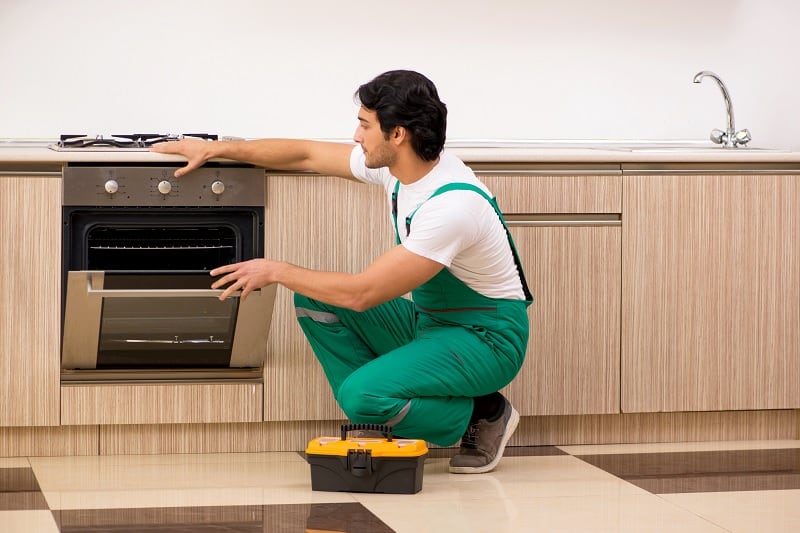
When it comes to freestanding electric cookers, it is incredibly unlikely that you will find a modern appliance that can run off a regular 13-amp plug.
Major appliances such as electric freestanding cookers could cause some serious damage if they were to go wrong, and the best way to avoid this is to isolate them on their own circuit.
This means that the electric cooker will have its own circuit breaker or fuse to trip the power to the appliance in the case that something were to go wrong.
Installing a Cooker Safely
As noted above, it is incredibly unlikely you will find an electric cooker that can be run on a regular 13 amp plug socket.
This means that you will need to consult a qualified electrician to make sure that the cooker is safely installed on its own dedicated circuit where it can be easily isolated if needed in the event of an emergency or if the cooker needs to undergo maintenance work or be thoroughly deep cleaned.
Many manufacturers also recommend that your cooker has a dedicated isolation switch next to the appliance.
That means that if your cooker were to develop a fault that would not let it turn off, you can easily turn the power off to the appliance immediately, without needing to scramble to turn off the fuse or breaker.
Is It Always Better to Hardwire an Electric Cooker?
Many electricians recommend that all electric cookers and ovens are installed on their own dedicated circuit, even if they can technically run off a regular 13-amp plug.
Regardless of the rating, an electric cooker or oven is going to be one of the biggest and most intensive appliances in your home, which means installing it on its own circuit is much safer.
Unlike small appliances such as toasters or kettles which only operate for small amounts of time, cookers can end up switched on for hours at a time, sometimes with both the oven and hob running together.
If the cooker shared a circuit with another appliance, especially another high-load one, it could cause the circuit to overload and trip the power.
If you have any doubt about the best way to proceed, consult a qualified electrician before you install a new electric cooker.
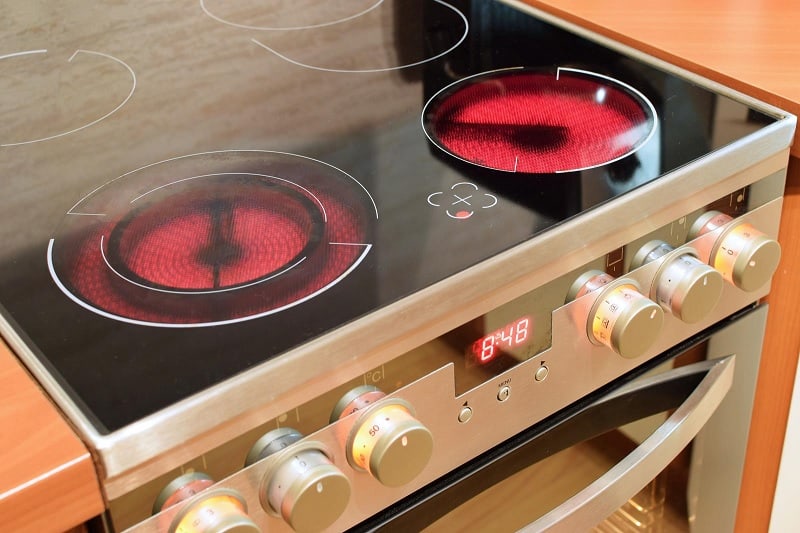
Summary
Here’s a quick summary of the information in this article:
- Freestanding electric cookers are generally rated at more than 3kW, which means they need to be hardwired and can’t just be plugged into a 13-amp plug.
- Many gas cookers plug into a 13-amp plug, which can provide the additional electrics needed such as the clock and lights. However, in this case, electricity isn’t used to heat the cooker.

Chef’s Pick is your guide to the best kitchen equipment and appliances in the UK.
We help you understand the confusing world of cookers, ovens and cookware so you can get the most out of your kitchen.


